Weight-Bearing Exercises For Osteoporosis: 10 Low-Impact Moves
Effective and simple exercises to protect your body from this bone condition.
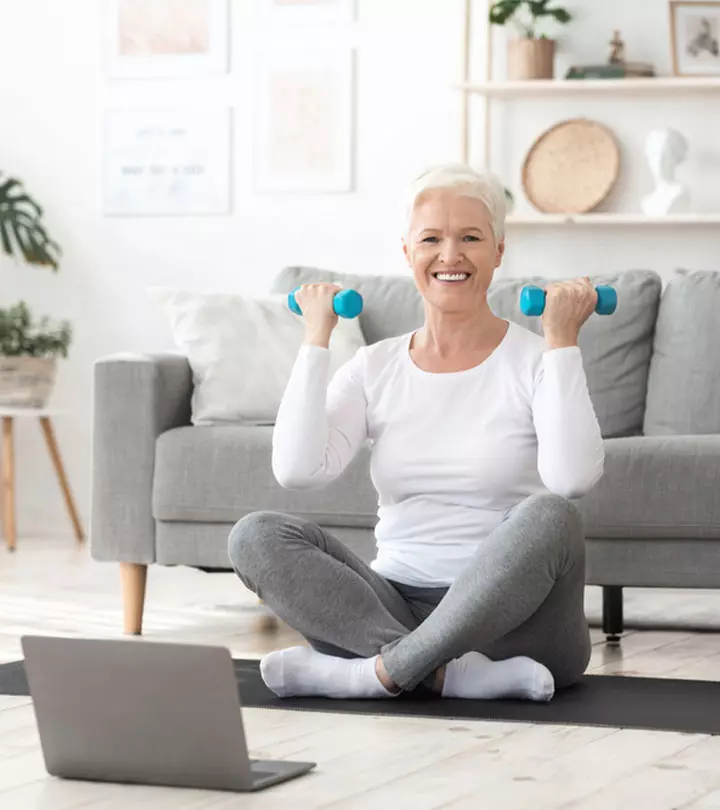
Image: Shutterstock
Weight-bearing exercises for osteoporosis are effective for strengthening the bones and preventing loss of bone tissue. Over 200 million people worldwide have osteoporosis (low bone density). This increases the risk of fractures and affects the quality of life in men over 65 years and postmenopausal women over 55 years (1), (2). So, it is essential to keep your bones healthy. Regular weight-bearing exercises may help strengthen bones, improve physical stability, and lower the risk of fractures.
The Centers for Disease Control and Prevention (CDC) estimated the prevalence of osteoporosis among Americans aged 50 and above was 12.6% from 2017-2018. It was further observed that the prevalence was higher in women (19.6%) when compared to men (4.4%).
If you are over 50, start doing weightlifting exercises. Read on to learn how to do 10 low-impact and no-impact full-body strength training or resistance training exercises. Read on!
 Weight Bearing Exercises For Osteoporosis
Weight Bearing Exercises For OsteoporosisThere are many weight-bearing exercises for osteoporosis. Read on to know more about it.
- Frequency: 3–4 times per week
- Benefits: Improve muscle strength and increase bone density.
- Equipment Needed: Yoga mat, light dumbbells, sturdy chair, resistance band.
- Space Required: Small area
- Assistance Required: Yes
- Who Should Avoid: People with recent injuries or fractures.
In This Article
What You Need
- Light dumbbells (2 lbs)
- Resistance band
- A sturdy chair
- A yoga mat
Note:
Talk to your doctor before doing these exercises.
Key Takeaways
- Weight-bearing exercises help reduce the rate of osteoporosis-induced bone degradation and minimize the risk of fractures.
- At least 10 minutes of warm-up is a must. Use a mat to prevent the risk of injuries.
- Do not go overboard, as overdoing these exercises may result in injuries.
10 Best Weight-Bearing Exercises For Osteoporosis
The exercises listed below may help boost bone health in people with osteoporosis. These low-impact movements can be done at home with minimal equipment, making them easy for everyone to try.

1. Seated Bicep Curls With Dumbbells
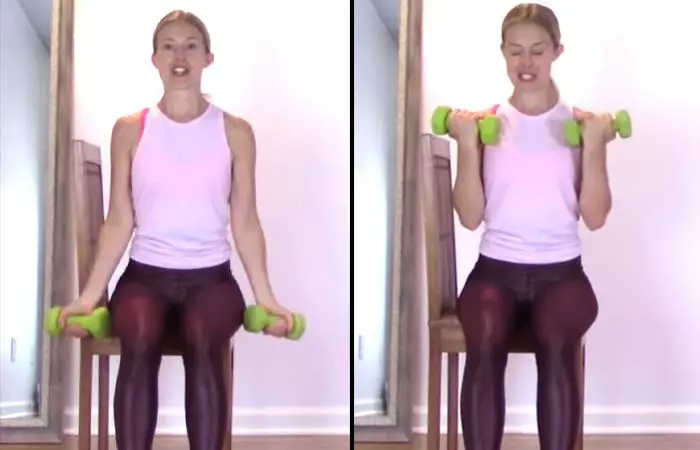
How To Do
- Grab a 2 lb dumbbell in each hand.
- Sit on a chair with your feet and knees hip-width apart, elbows pressed to the body, hands down, and palms facing up. Roll the shoulders back, chin up, and look straight.
- Exhale, bend your elbows, and raise your hands till the shoulder level.
- Pause for a moment, inhale, and lower your hands.
- Do 3 sets of 8 reps.
Note: Heavier weights are also safe and recommended if you are comfortable with them. Heavy lifting as demonstrated by the LIFTMOR trial shows that it is completely safe to lift heavy weights and is recommended by those with osteopenia and osteoporosis (3).
2. Arm Raises With Resistance Band
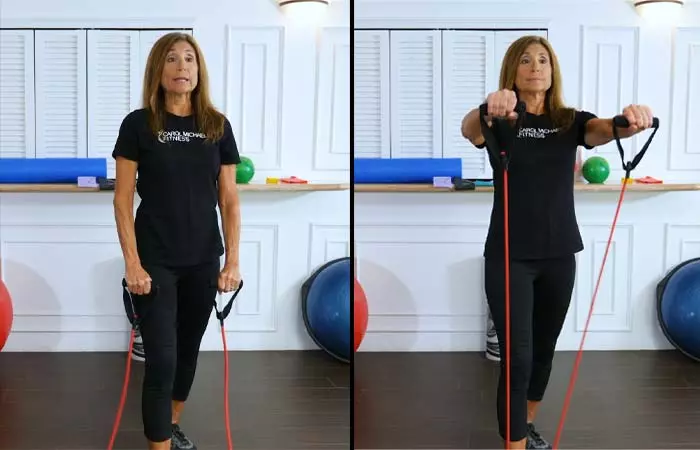
How To Do
- Grab a tube resistance band.
- Anchor the band with your right foot, keep your hands down, roll the shoulders back, and look straight. This is the starting position.
- Exhale and raise your hands until the shoulder level.
- Inhale and lower your hands down.
- Do 3 sets of 8-12 reps.
James Frank Sanders, a blogger, wrote about his experience in his senior community, where a 90-year-old female resident fell and broke her leg due to osteoporosis. He got in touch with the woman’s nurse, Sally, who suggested that daily resistance exercises can help prevent osteoporosis. He writes, “ I tried it with my exercise bands for about ten minutes. It tired me, but I was satisfied this was an effective way to ward off osteoporosis before it ate into my body frame (i).”
 Quick Tip
Quick Tip3. Seated Dumbbell Shoulder Press
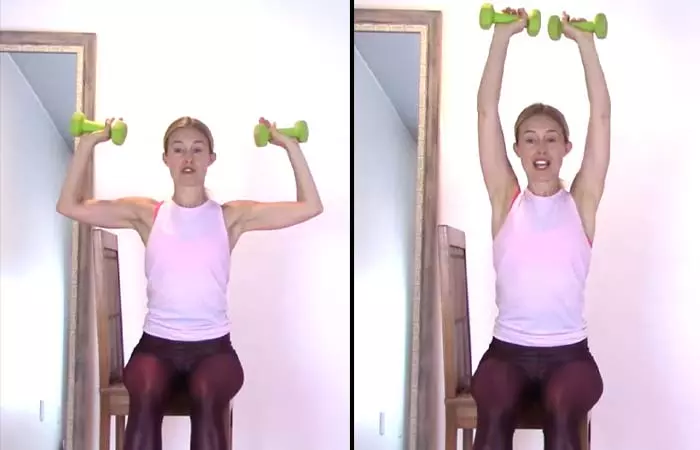
How To Do
- Grab 2 lbs dumbbells.
- Sit on a chair with your feet and knees hip-width apart.
- Raise your hands laterally up. Bend your elbows so that the forearms are perpendicular to the upper arms. Turn the wrists outward, roll the shoulders back, chin up, and look straight. This is the starting position.
- Inhale and slowly push both your arms above your head, bringing the heads of the dumbbells together.
- Pause for a moment, exhale, and lower your arms to the starting position.
- Do 3 sets of 8 reps.
4. Supported Bent Over Row
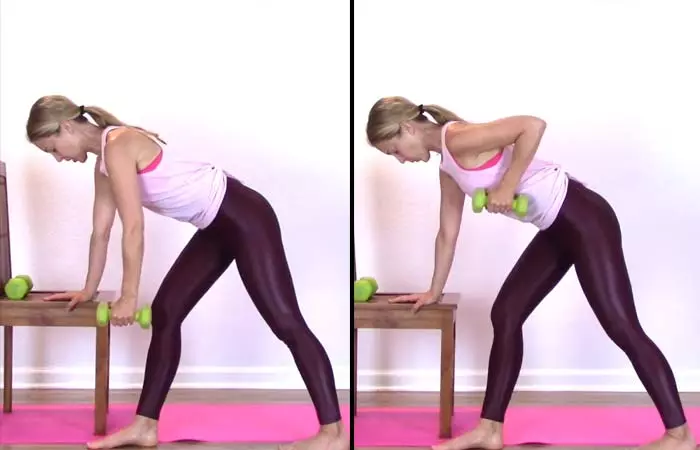
How To Do
- Grab a light dumbbell with your right hand.
- Bend forward, place the left palm on the seat of the chair, and extend the right hand towards the floor.
- Take a step back with your right leg, keep the knees soft, align the neck and back, and look down. This is the starting position.
- Exhale, bend your elbow, and pull the right hand towards the side of your bust. Squeeze your shoulder blades.
- Inhale and lower your hand to the starting position slowly.
- Do this 8 times before switching hands.
- Do 3 sets of 8 reps for each hand.
5. Best Over Fly
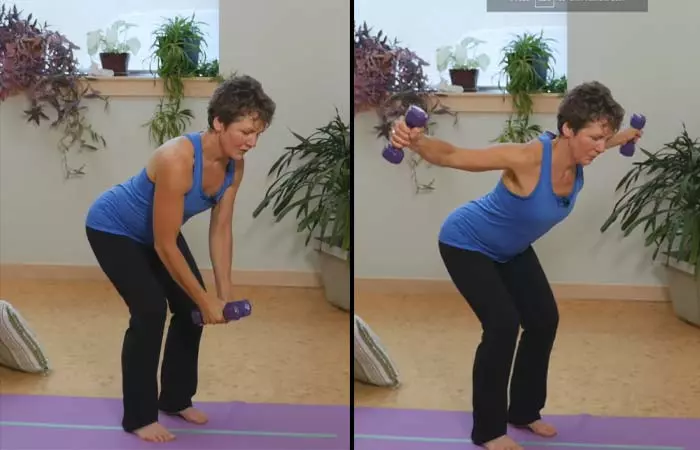
How To Do
- Grab a dumbbell in each hand.
- Stand with your feet hip-width apart and soften the knees.
- Bend forward from the waist, extend your hands, open your chest, and look at the dumbbells. This is the starting position.
- Exhale, raise your hands laterally up, and squeeze the shoulder blades.
- Inhale and bring the hands down.
- Do 3 sets of 8 reps.
 Quick Tip
Quick Tip6. Bodyweight Wall Push-Ups
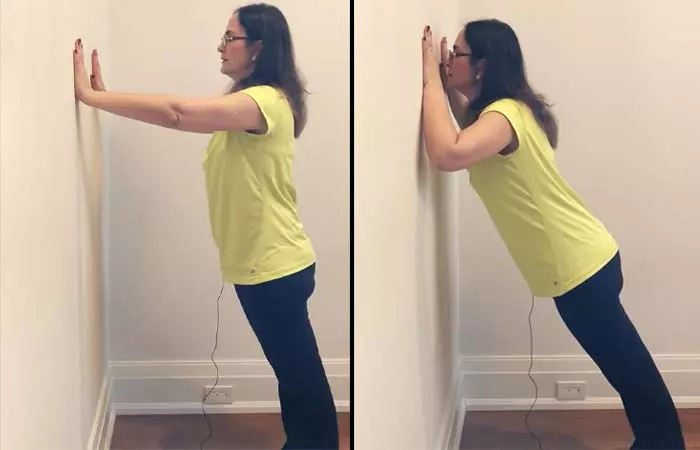
How To Do
- Standing 2 feet away from a wall.
- Place your palms on the wall at shoulder level. This is the starting position.
- Bend the elbows and bring your chin closer to the wall.
- Pause for a moment and get back to the starting position.
- Do 3 sets of 10 reps.
7. Chair Squats
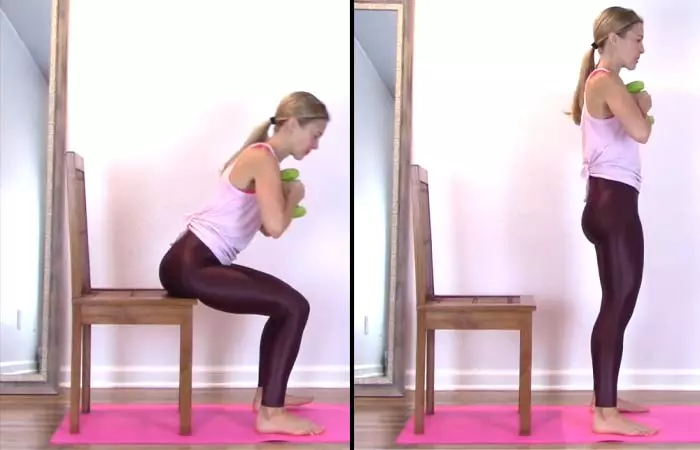
How To Do
- Grab a light dumbbell in each hand. Join them, emulating a “namaste”. Keep the elbows and chin up, roll the shoulders back, and look straight.
- Sit on a chair with your feet flat on the floor and toes slightly pointing outward.
- Stand up slowly.
- Push your hips back, bend your knees, and sit down.
- You can ask for assistance if needed.
- Do 3 sets of 8 reps.
Note:
Avoid this exercise if you have knee issues.
8. Reverse Lunge With Weighted Bicep Curl
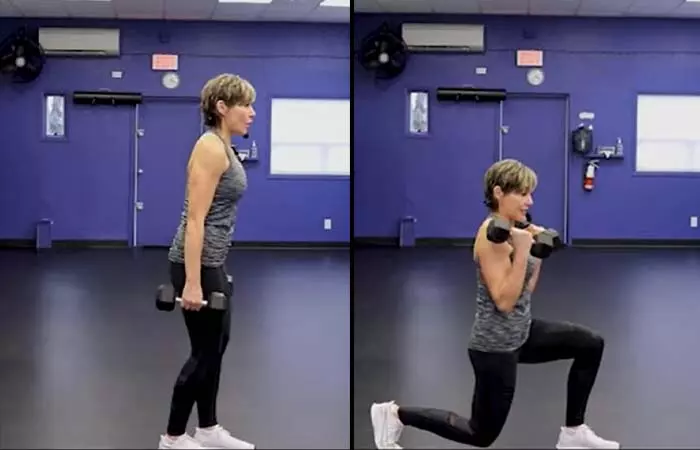
How To Do
- Grab a light dumbbell in each hand, stand straight with your feet shoulder-width apart and hands by your side. Roll your shoulders back, keep your core tight, chin up, and look ahead.
- Take a step back with your right leg.
- Bend your knees to lower your body until the thighs and shins are perpendicular to each other.
- Simultaneously, bend your elbows and curl up your hands.
- Get back to the starting position.
- Repeat with the other leg to complete one rep.
- Do 3 sets of 8 reps.
9. Resistance Band Leg Press
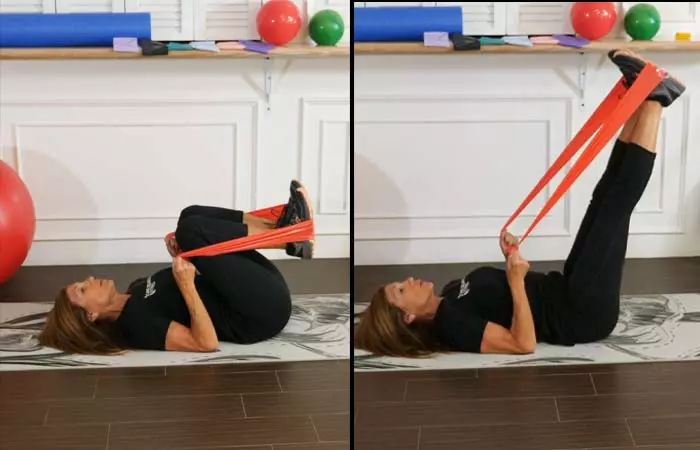
How To Do
- Lie on your back on a mat.
- Anchor a flat resistance band with your feet.
- Press the knees against the chest with the elbows close to the sides. This is the starting position.
- Extend the legs at a 60-70° angle.
- Bend your knees and get back to the starting position.
- Do 3 sets of 10 reps.
10. Hip Strengthening
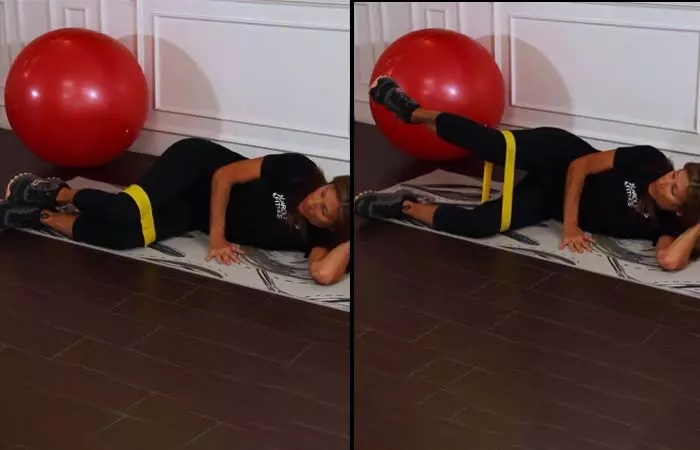
How To Do
- Wrap a loop resistance band above the knees.
- Lie on your right side and support your head with the right hand. Keep your knees bent so that the thighs are perpendicular to the shins. Place your left palm on the mat for support. This is the starting position.
- Lift your left leg, opening the hip and pelvic area.
- Bring it back to the starting position.
- Do this 8-10 times before switching sides.
- Do 3 sets of 8-10 reps.
These 10 exercises will help minimize the rate of bone loss due to osteoporosis, conserve the bone tissues, and help in fracture risk reduction. But how often should you do them? Scroll down to find out.
How Often Should You Exercise?
Do these exercises 3-4 days a week, and no-impact or low-impact cardio like walking, yoga, or tai chi rest of the days. Remember, overdoing these exercises may cause injuries. Rest properly and let your muscles recover. However, there are certain exercises that you must avoid at all costs.
Which Exercises To Avoid
If you have osteoporosis, avoid:
- High-intensity exercises like sprints, as they may increase the risk of fractures.
- High-impact exercises that involve jumping like box jumps. They may put unnecessary stress on fragile bones.
- Exercises that involve twisting the spine. They may increase the risk of falling down.
- Exercises that involve deep stretches, as they may cause bone or joint injury.
- Balance exercises without support or assistance from physical therapists
Note:
It is completely fine to do these types of exercises and movements if you feel okay and don’t have a negative reaction to the movements. As evidenced by the LIFTMOR trial, it is safe to participate in high-intensity physical activities as long as you warm up and work up to heavier weight over a long enough time period (3).
Exercising the right way is crucial for people with osteoporosis. Here are the precautions you should take.
Precautions To Take
- Always warm up for 10 minutes before exercising.
- If standing exercises are painful, sit on a chair or bench to do them.
- Irrespective of the need, always use a mat to prevent injury risk in case you lose balance.
- Always exercise in an open space.
- Ensure fall prevention by wearing comfortable shoes with a good grip.
- Talk to a healthcare provider before starting any exercise program.
- Use the right equipment and make sure your space is safe.
- Start with low-impact exercises and slowly increase the intensity as you get stronger.
Apart from exercising, there are a few other things you should do to ensure your bone health. Scroll down to find out.
What Else Can You Do To Strengthen The Bones?
- If you have osteoporosis, the doctor may prescribe an increase in calcium intake and vitamin D supplements. Take the dose as per the doctor’s recommendation.
- Consume organic foods instead of processed, frozen, or canned foods. Focus on foods for strong bones and muscles.
- Add a healthy dose of nuts, seeds, and fatty fish to your diet.
- Go on morning walks.
Infographic: Top 5 Weight-Bearing Exercises For Osteoporosis Relief
Regular exercise, especially weight-bearing activities, is essential for managing osteoporosis and maintaining bone strength. The infographic below has a list of the top 5 exercises that are simple, low-impact, and can be done at home with minimal equipment. Whether you are just starting your osteoporosis management journey or looking to diversify your routine, they help improve bone health, boost strength, and reduce the risk of fractures. Continue scrolling to check it out.

Illustration: StyleCraze Design Team
Weight-bearing exercises for osteoporosis help increase bone density and prevent/slow down the loss of bone tissue, thus reducing the risk of fractures, especially among the elderly. The exercises listed above can be done at home. All you need is a chair, a yoga mat, dumbbells, and a resistance band. Avoid chair squats if you have knee issues or have undergone knee surgery recently. Do the exercises at least 3-4 days a week and go for low- or no-impact exercises on the remaining days. Strictly say ‘no’ to high-intensity and high-impact exercises and deep stretches. Have a partner or a professional by your side while doing balance exercises.
Frequently Asked Questions
Is climbing stairs good for osteoporosis?
Climbing stairs may help improve bone density. However, individuals with osteoporosis should consult their healthcare provider regarding the intensity, duration, and frequency of activities such as stair climbing.
Does walking improve bone density?
Yes, walking at a brisk pace can help improve bone density.
Why is it important to consult a healthcare professional before starting weight-bearing exercises for osteoporosis?
It is important to consult a healthcare professional before starting weight-bearing exercises for osteoporosis to ensure the exercises are safe and suitable for your specific condition. There are certain exercises that may aggravate the condition. You should consult your doctor to prevent this.
What is the fastest way to increase bone density?
The fastest way to increase bone density is to include weight-bearing exercises in your exercise routine or eat a calcium-rich osteopenia diet.
Can exercise reverse osteoporosis?
Osteoporosis is not reversible, but weight-bearing exercises may help prevent further bone loss.
What core exercises are safe for osteoporosis?
Planks, gentle pilates, and bridges are considered safe for osteoporosis.
Are there any risks associated with weight-bearing exercises for people with osteoporosis?
Yes, if not performed in the right way, weight-bearing exercises may cause fractures due to weakened muscles in people with osteoporosis.
Are there any modifications I should make to my weight-bearing exercises if I have osteoporosis?
People with osteoporosis should modify their weight-bearing exercises to focus on doing resistance training with dumbbells or barbells and elastic band exercises.
Can I still do weight-bearing exercises if I have had a fracture related to osteoporosis?
If you have had a fracture related to osteoporosis, then it is important to consult with your doctor before doing any weight-bearing exercises for your safety.
Illustration: Best Easy Weight Bearing Exercises For Osteoporosis
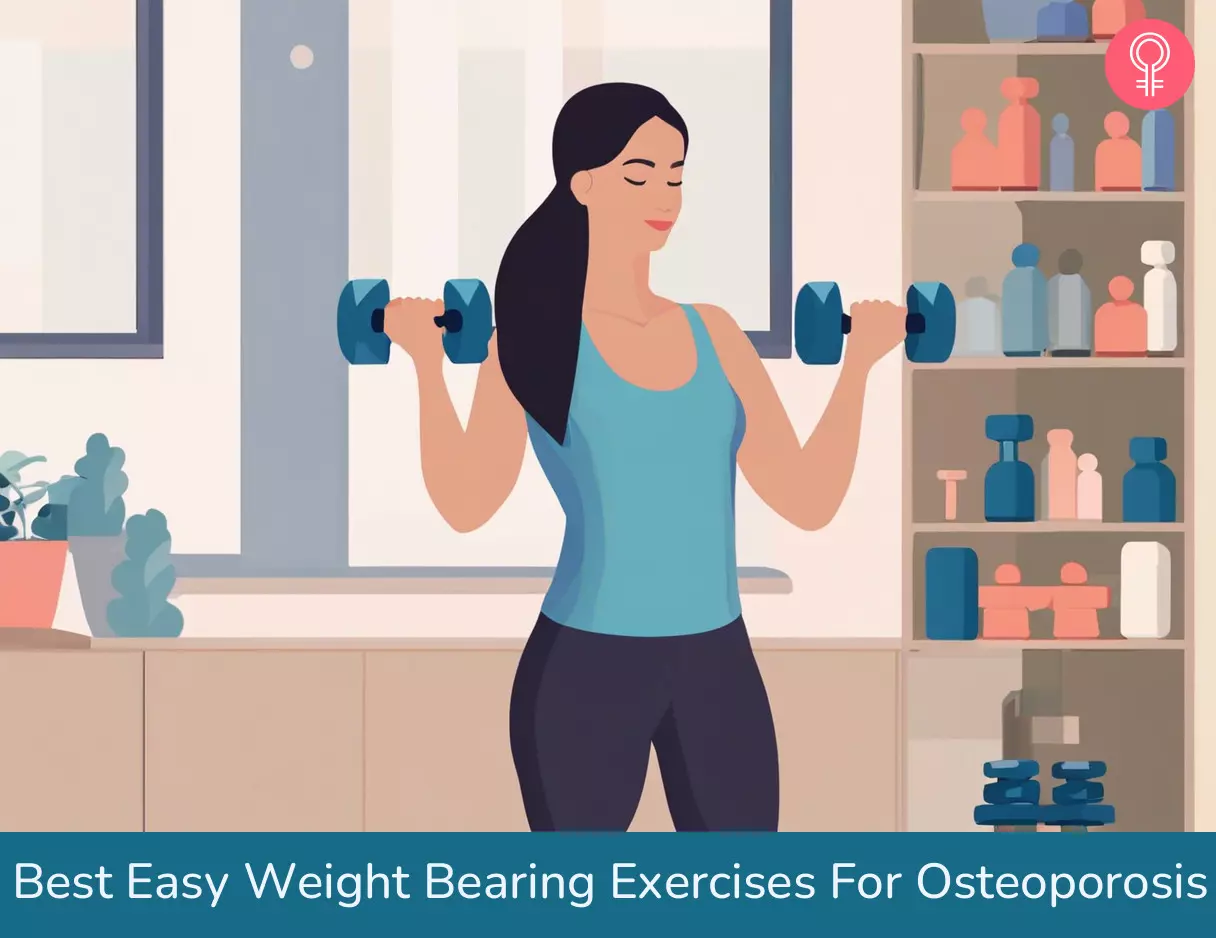
Image: Stable Diffusion/StyleCraze Design Team
Discover a series of easy and effective exercises designed to improve bone strength and balance for individuals with osteoporosis. Watch this video for better bone health and stability.
Personal Experience: Source
StyleCraze's articles are interwoven with authentic personal narratives that provide depth and resonance to our content. Below are the sources of the personal accounts referenced in this article.
i. How to Avoid the Brittle Bones of Agehttps://medium.com/crows-feet/how-to-avoid-the-brittle-bones-of-age-cfa77e297fe
References
Articles on StyleCraze are backed by verified information from peer-reviewed and academic research papers, reputed organizations, research institutions, and medical associations to ensure accuracy and relevance. Read our editorial policy to learn more.
- An overview and management of osteoporosis
https://www.ncbi.nlm.nih.gov/pmc/articles/PMC5335887/ - Osteoporosis
https://www.thelancet.com/journals/lancet/article/PIIS0140-6736(18)32112-3/fulltext - High-Intensity Resistance and Impact Training Improves Bone Mineral Density and Physical Function in Postmenopausal Women With Osteopenia and Osteoporosis: The LIFTMOR Randomized Controlled Trial
https://pubmed.ncbi.nlm.nih.gov/28975661/
Read full bio of Dr. Nathan Kadlecek
Read full bio of Ravi Teja Tadimalla
Read full bio of Himanshi Mahajan






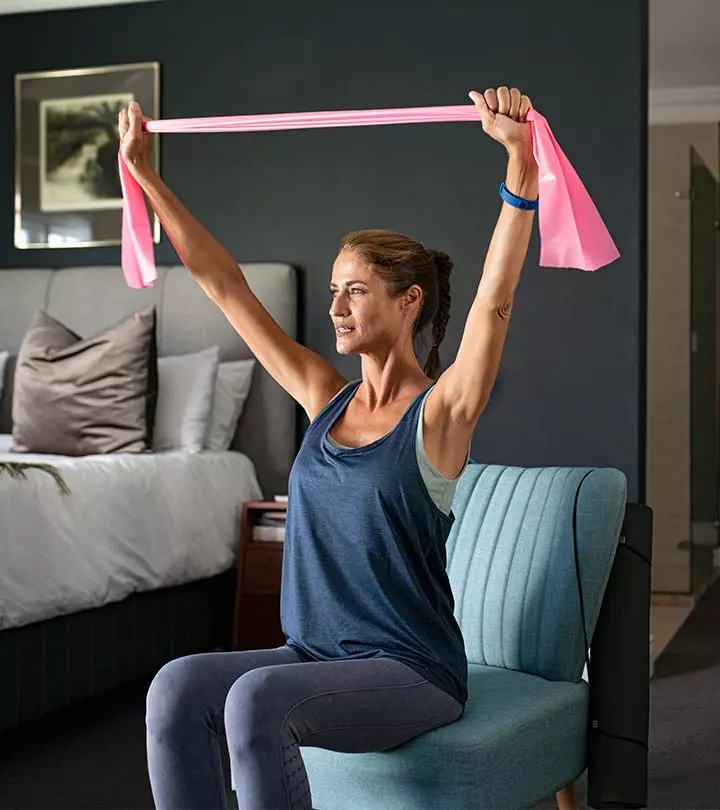
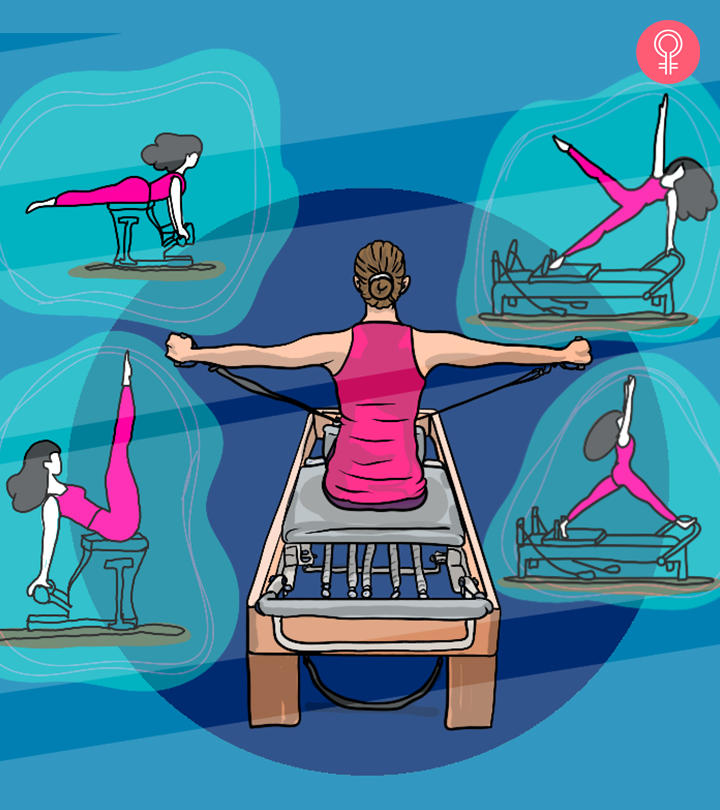
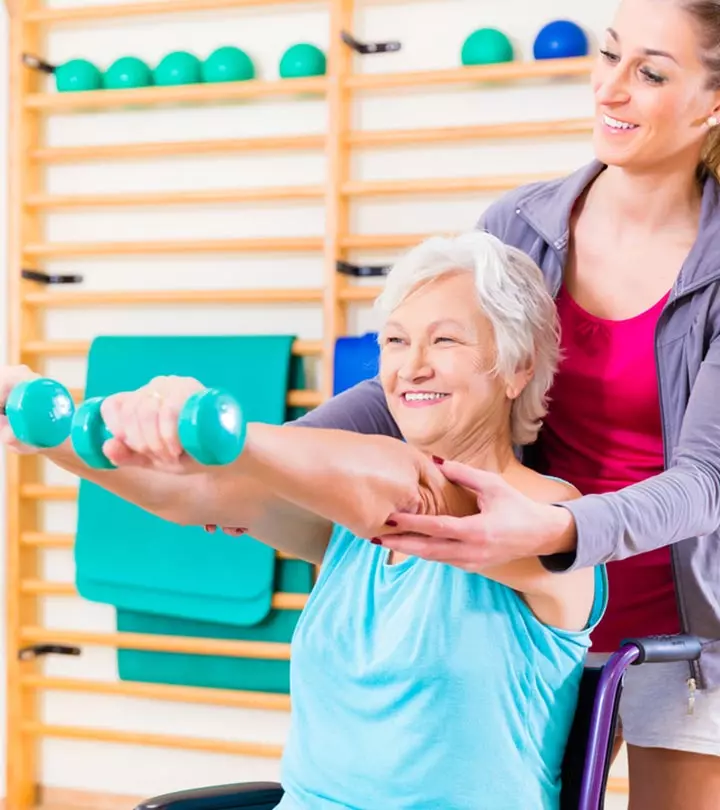





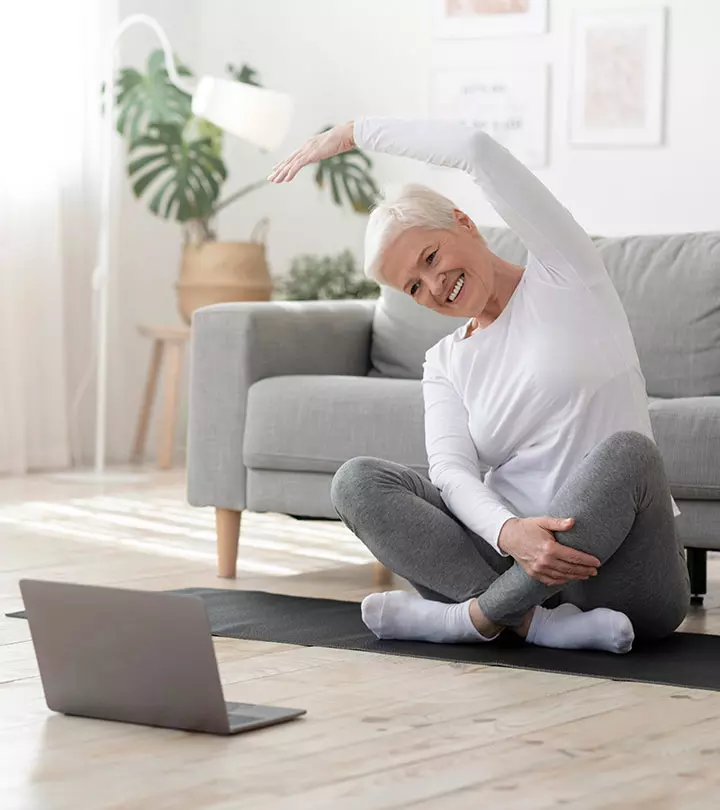
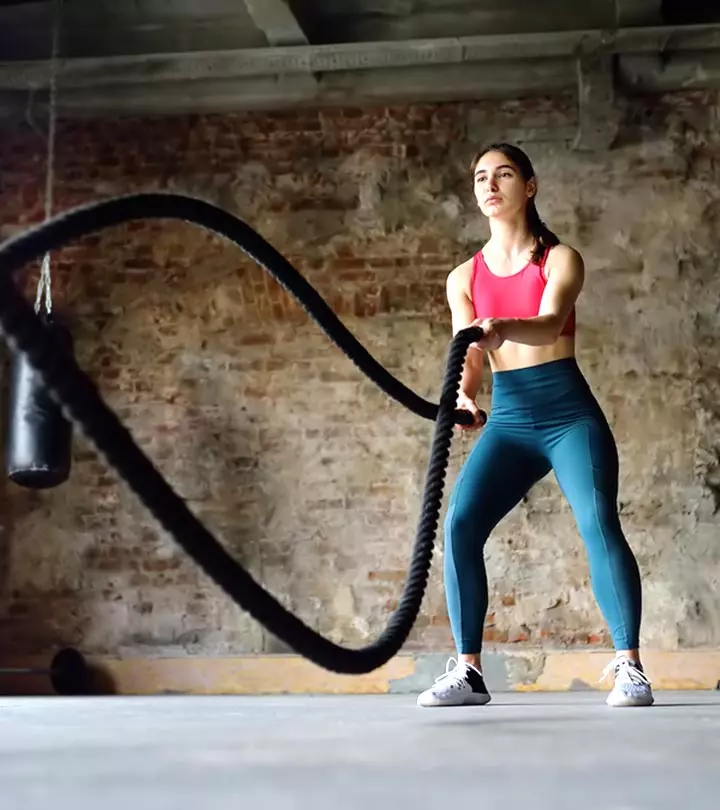
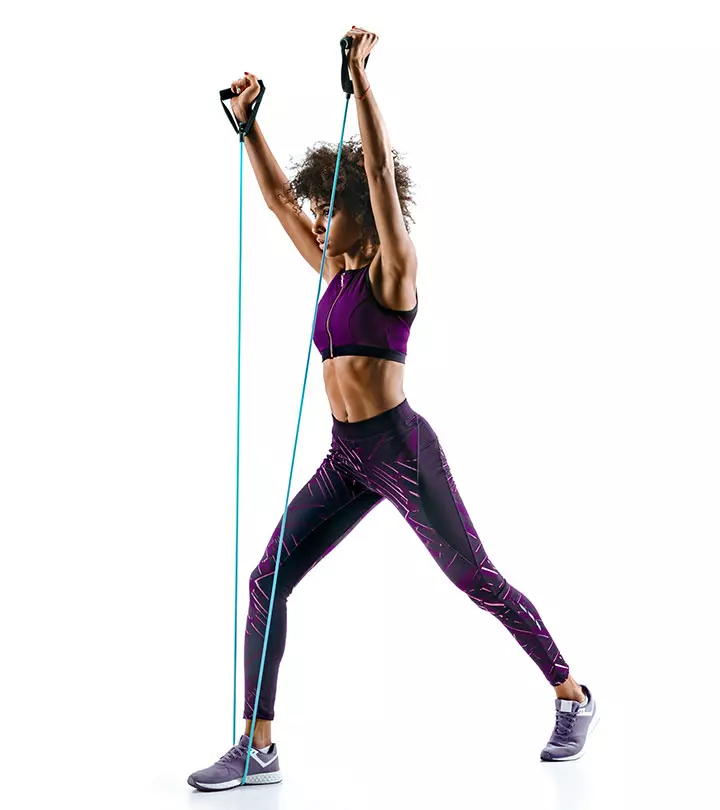


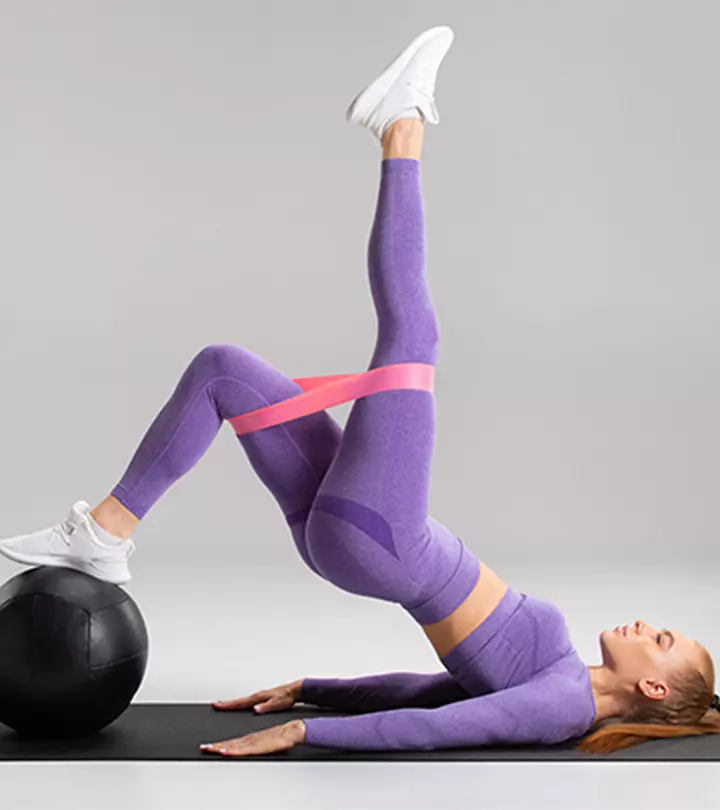
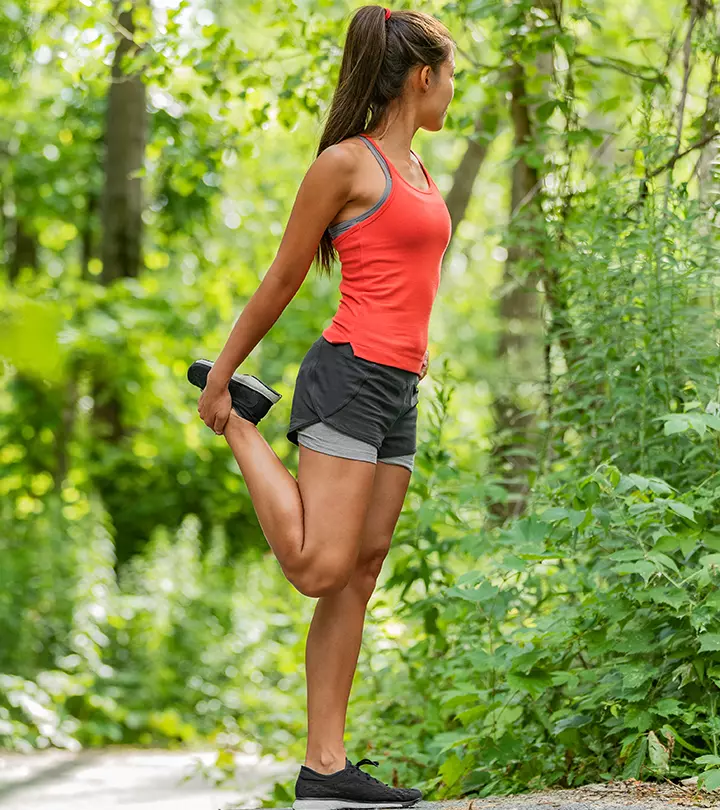

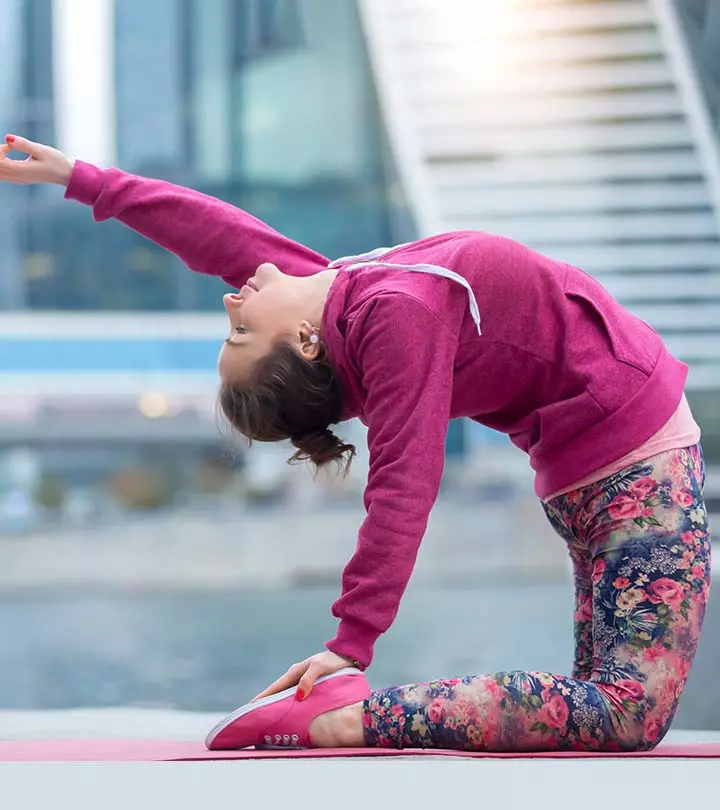


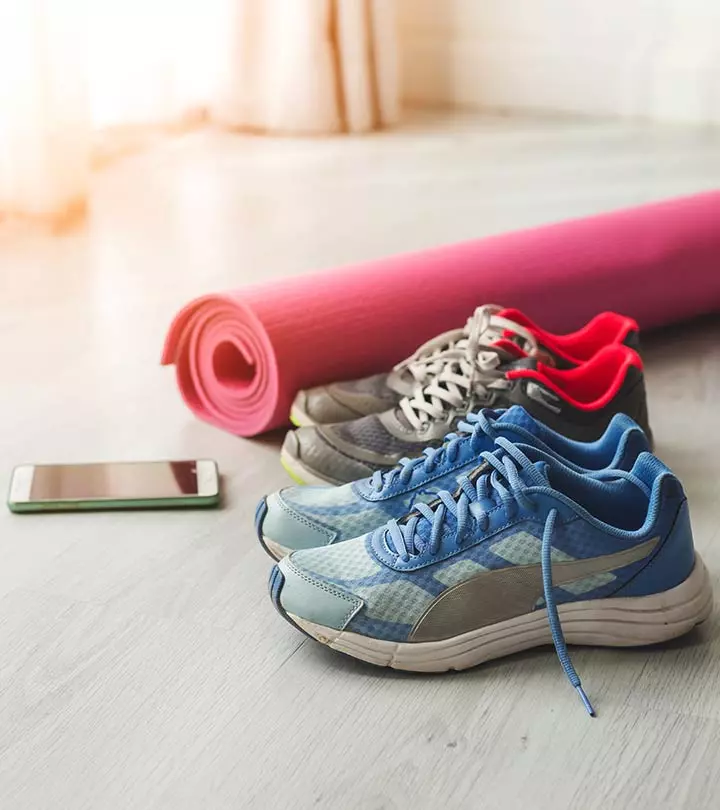
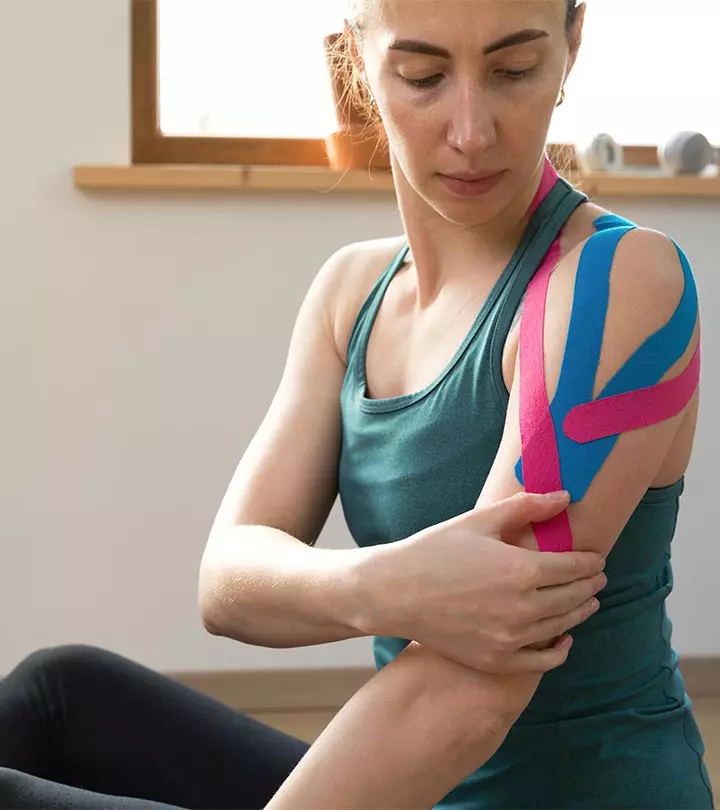
Community Experiences
Join the conversation and become a part of our empowering community! Share your stories, experiences, and insights to connect with other beauty, lifestyle, and health enthusiasts.